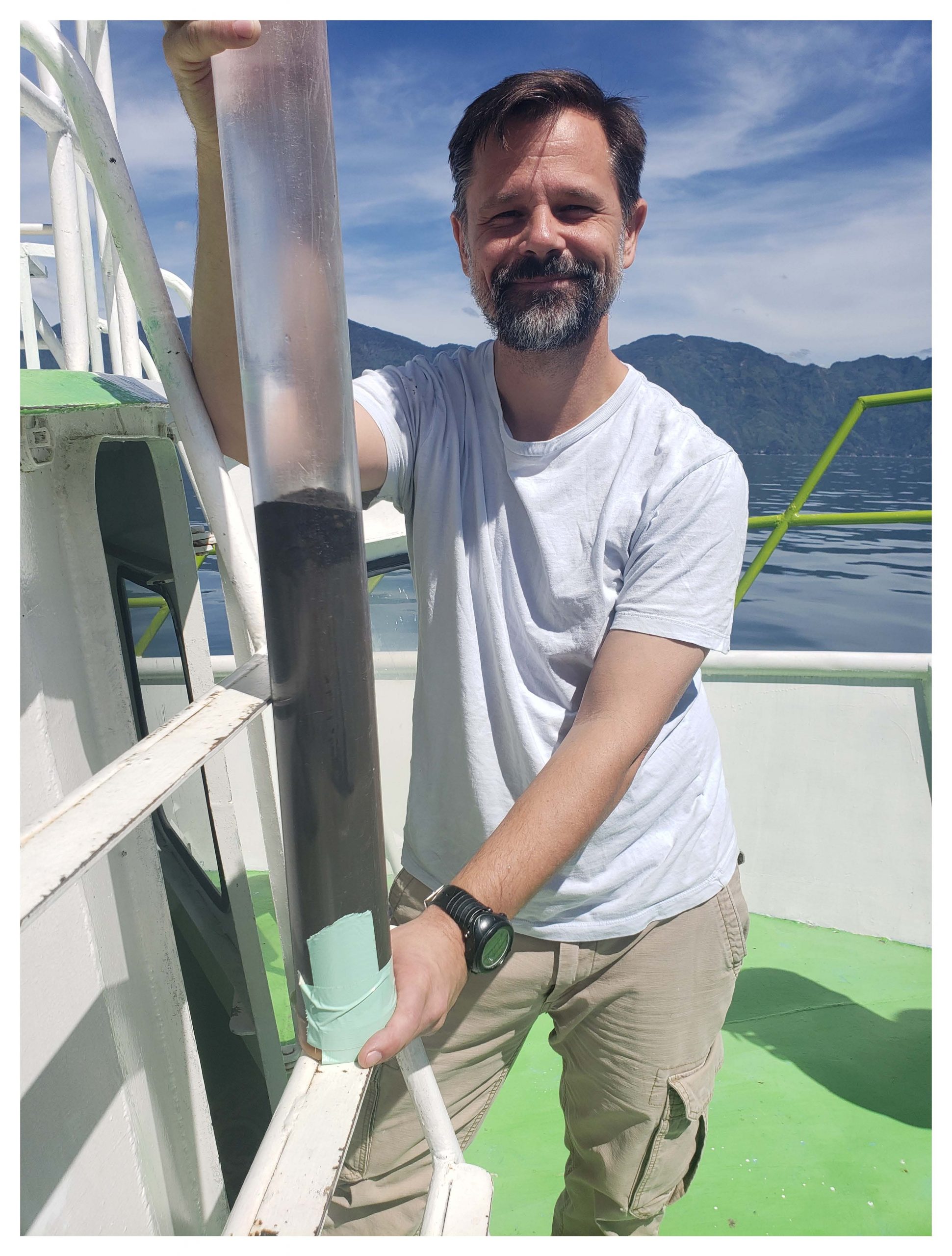
Meet Dr. Matt Waters
WE SAT DOWN WITH DR. MATT WATERS, AN ASSOCIATE PROFESSOR IN THE AUBURN UNIVERSITY COLLEGE OF AGRICULTURE’S DEPARTMENT OF CROP, SOIL, AND ENVIRONMENTAL SCIENCES.
Tell us about your background and current position.
I am an Associate Professor of Environmental Sciences in the Department of Crop, Soil and Environmental Sciences at Auburn University. My background includes a BS in Environmental Science from Mercer University, a MS in Aquatic Sciences from the University of Florida, and a PhD in Environmental Sciences and Engineering from UNC-Chapel Hill. I am also the leader of the Auburn PaleoEnvironmental Lab.
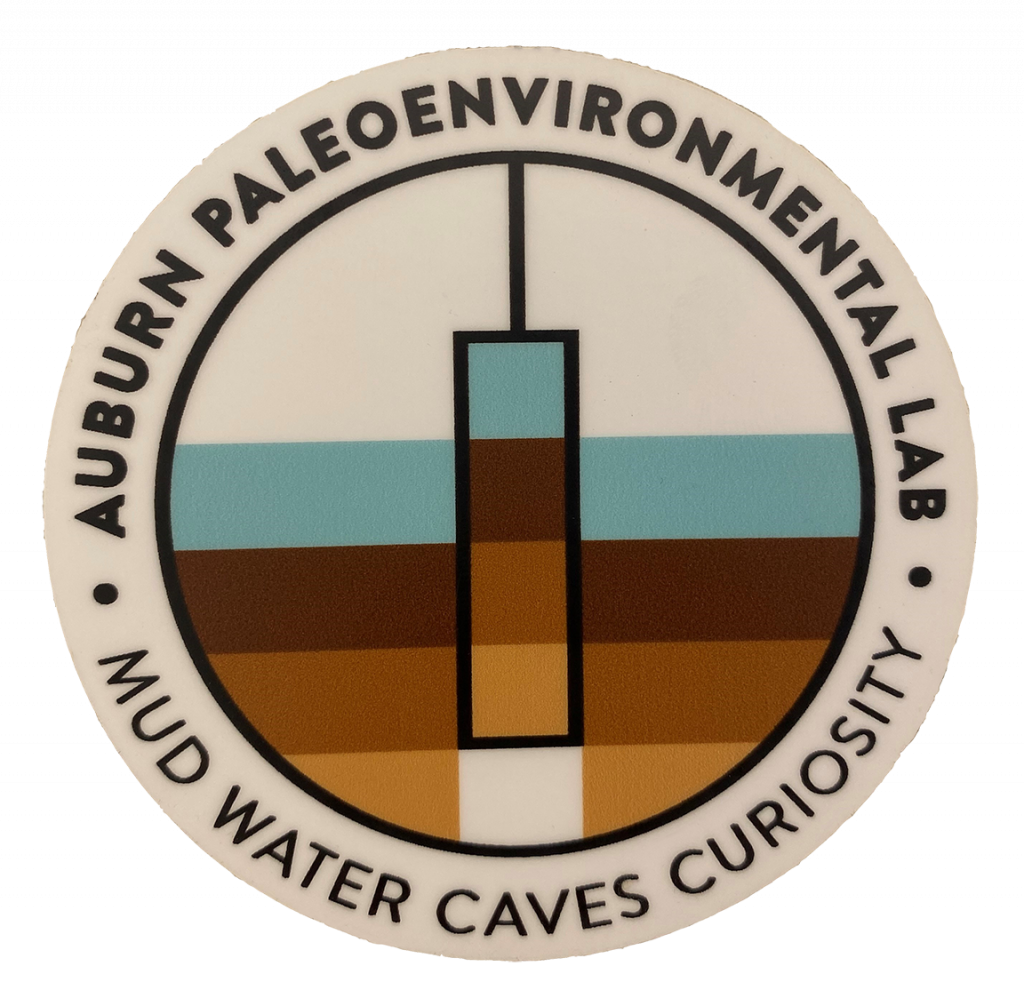
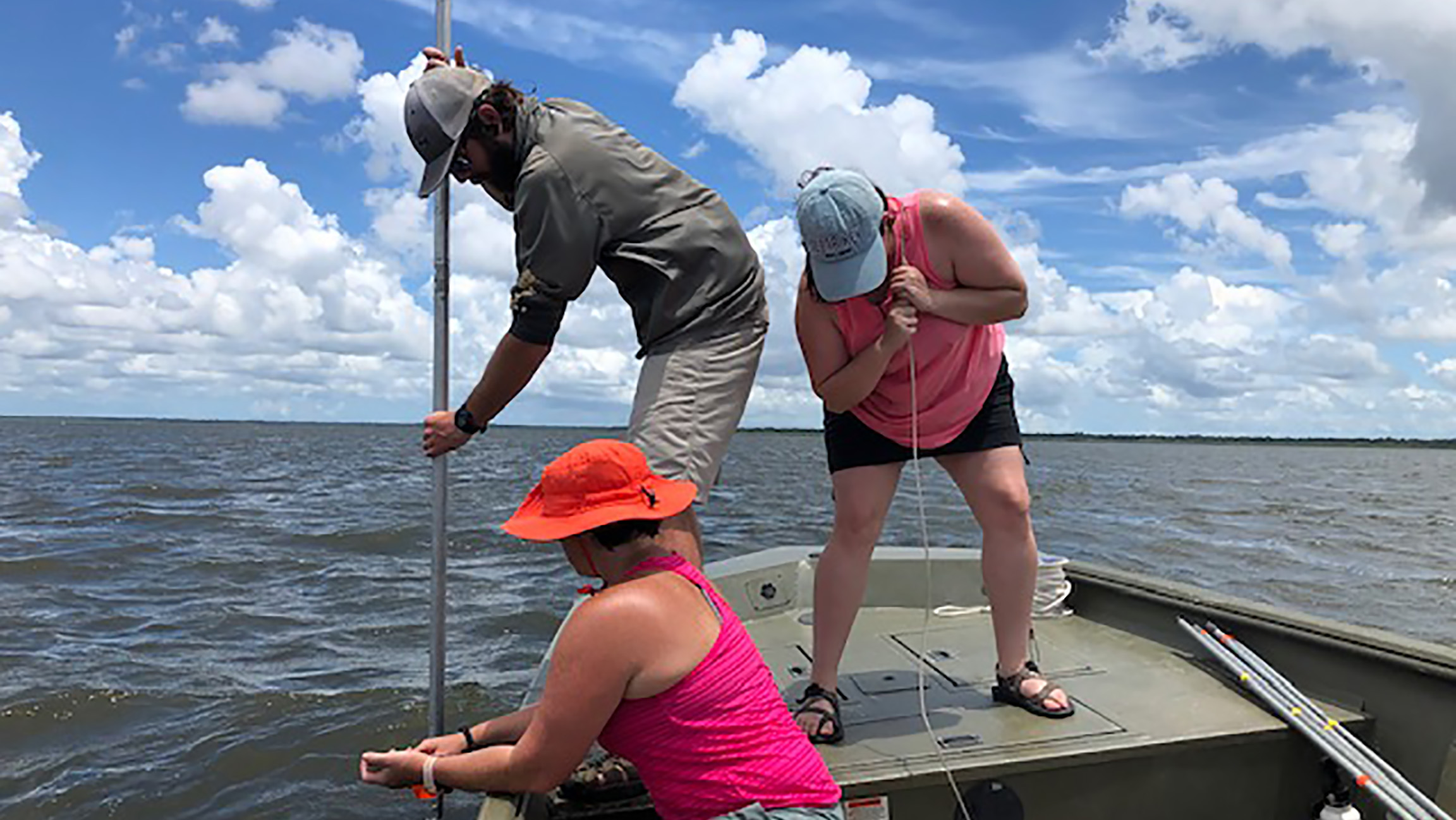
Students sampling for sediment cores by boat.
Describe your current research activities.
The current research activities in my lab focus on four areas. First, our lab specializes in reconstructing the history of harmful algal blooms and cyanotoxins in natural lakes in an effort to determine what lake conditions trigger these phenomena. These projects tend to use natural lakes in the Southeastern USA as field sites with most of our sites in Florida. Second, as we go back in time, we are interested in how these harmful algal blooms and toxins could have impacted ancient societies like the Maya of Mesoamerica. We study lakes in Mexico and Guatemala to answer these research questions. For most of Alabama and Georgia, we look at nutrient transport in reservoirs and how land use and connected reservoirs can impact nutrient biogeochemistry. Finally, we are investigating the storage and processing of nutrients in isolated wetlands in south Georgia comparing forested and agricultural wetland function.
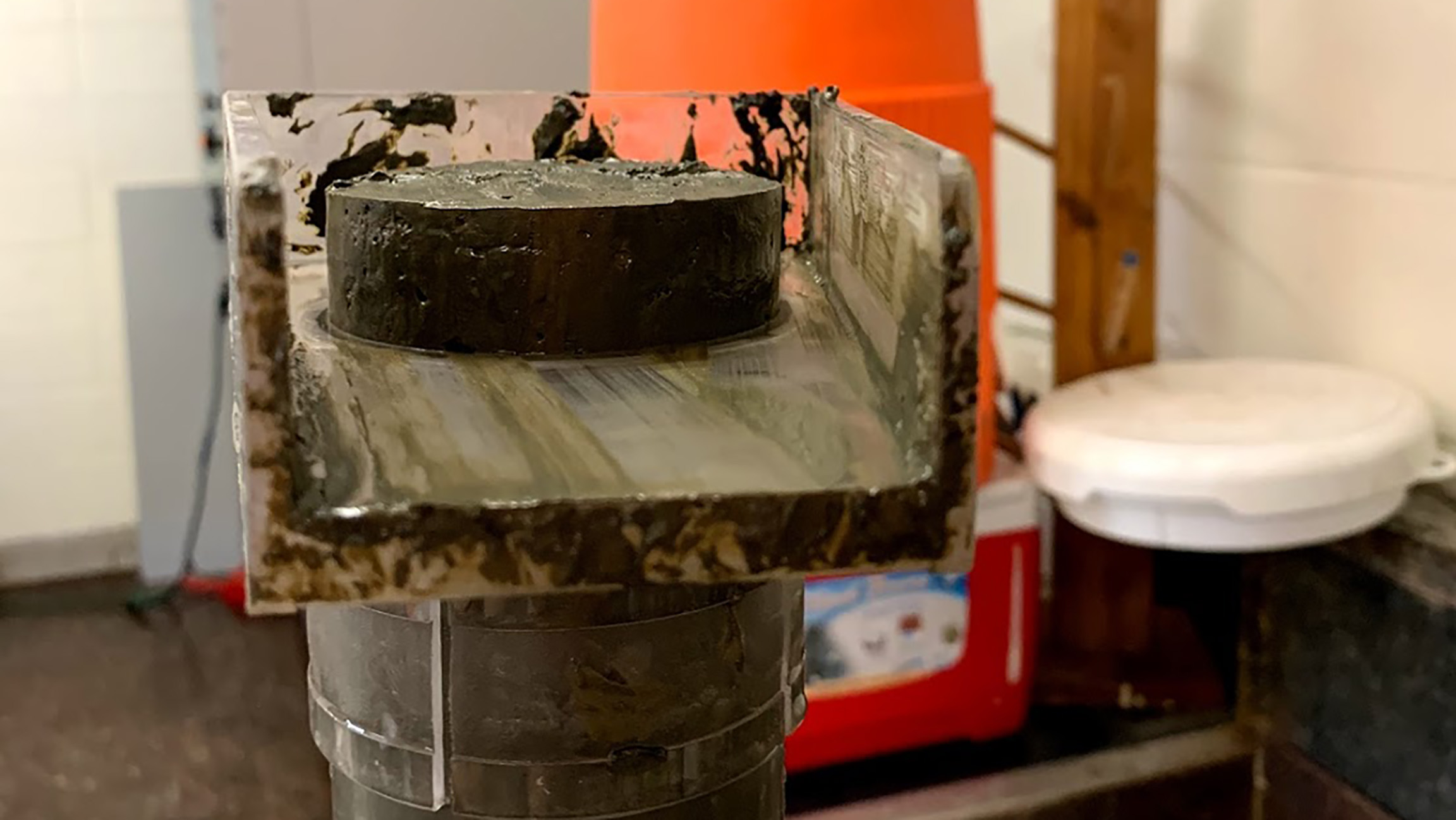
Following field collection, sediment cores are sectioned into manageable sized “patties” in the lab for the start of analyses.
In your career, what is the best advice you’ve been given?
The best piece of advice I was ever given in environmental research came from my Master’s advisor, Claire Schelske. When I expressed my frustration in finding the right sample locations in a lake, Dr. Schelske talked about the messiness of environmental sampling and science and said, “Sometimes you have to take what the lake gives you.” This is so true. Environmental science is not exact, it’s broad, and it’s messy. I share this with my students often when they are struggling to get the perfect samples. Environmental science doesn’t work with yes/no, A/B dynamics. We have to consider all options and design our studies to collect the most beneficial samples for our research questions. That is what drives success and strong inference.
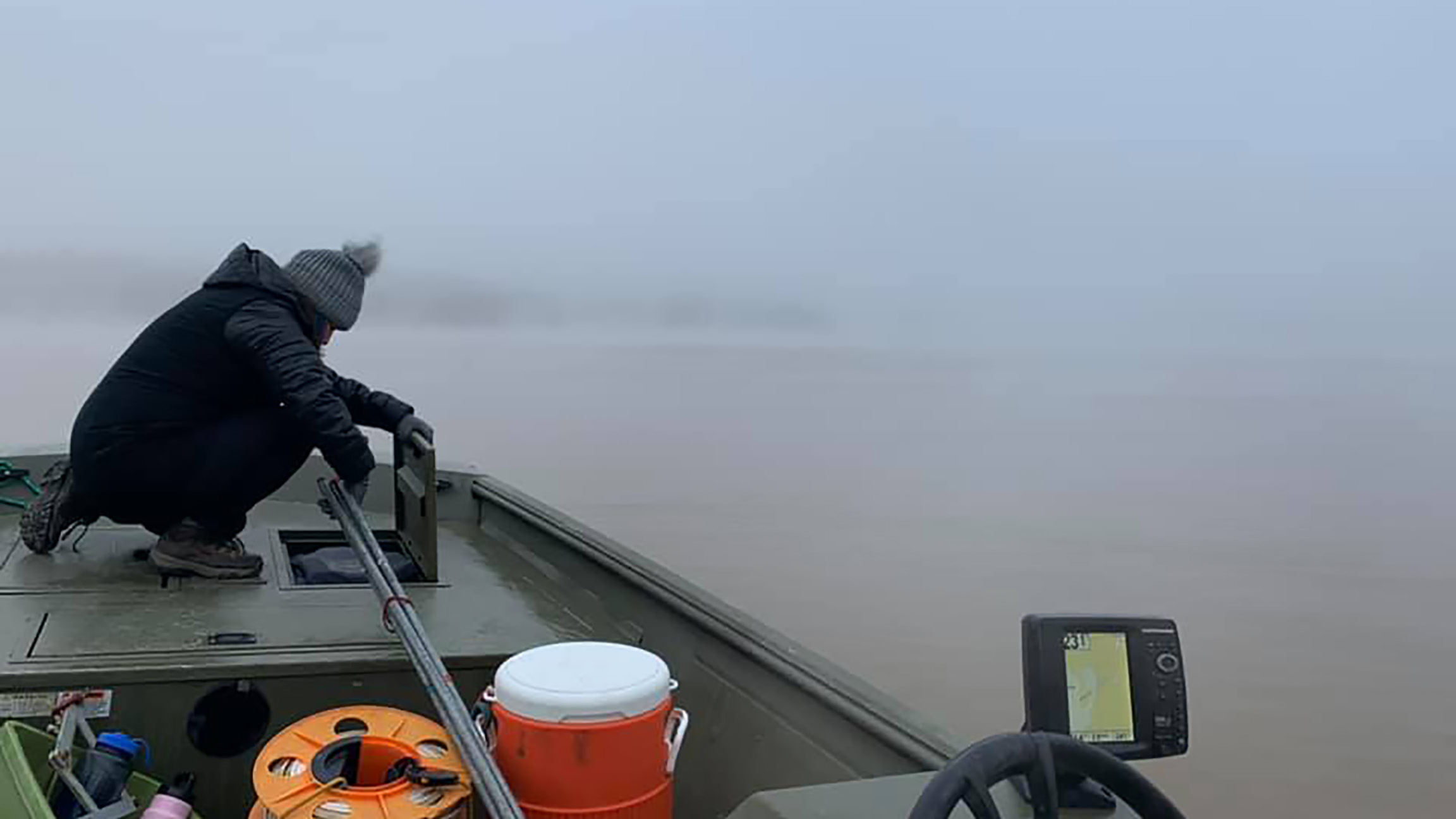
Following field collection, sediment cores are sectioned into manageable sized “patties” in the lab for the start of analyses.
